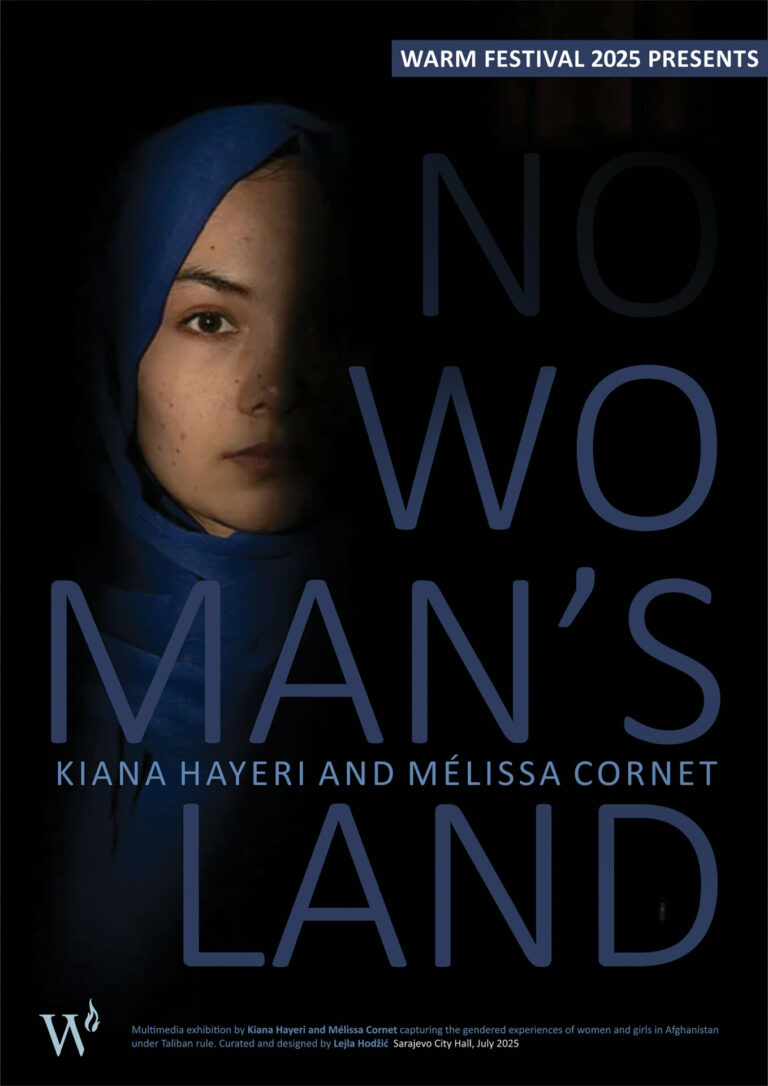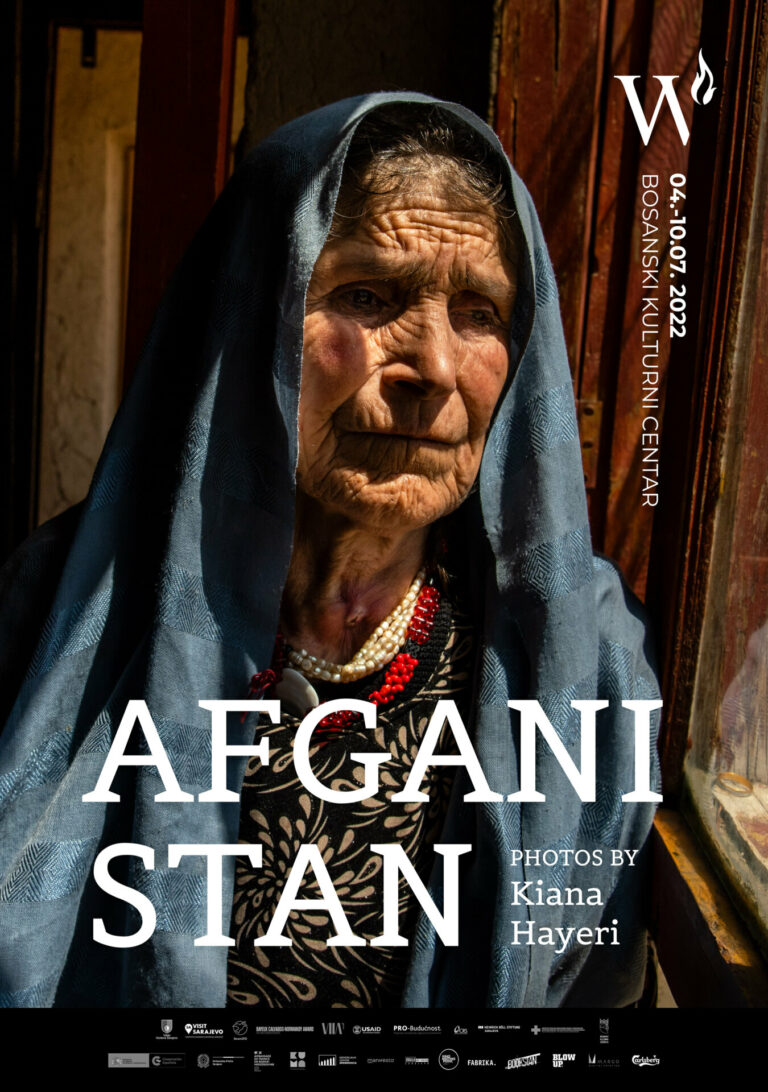Kiana (b.1988) grew up in Tehran, Iran and migrated to Toronto while she was still a teenager. Faced with the challenges of adapting to a new environment, she took up photography as a way of bridging the gap in language and culture. After an incident in her personal life, while still in university, she packed her life in a backpack and started a nomadic life, searching for a place that could be called home. Her projects often explore complex topics such as migration, adolescence, identity and sexuality in war-ridden countries.
In 2020, Kiana received Tim Hetherington Visionary award for her proposed project to reveal the dangers of dilettante “hit & run” journalism. Later that year, she was named as the 6th recipient of James Foley Award for Conflict Reporting. In 2021, Kiana received the Robert Capa Gold Medal for her photographic series “Where Prison is Kind of a Freedom,” documenting the lives of Afghan women in Herat Prison. In 2022, Kiana was part of a reporting The New York Times reporting team that won The Hal Boyle Award for “The Collapse of Afghanistan” and was shortlisted under International Reporting for the Pulitzer Prize 2022.
Kiana is a Senior TED fellow, a National Geographic Explorer grantee and a regular contributor to The New York Times and National Geographic. She is currently based out of Kabul, Afghanistan, covering the region.
While I have covered the frontline and the dramatic events of war in the last 8 years, living in Afghanistan, I stayed behind when I could, to capture a different and alternative narrative of America’s longest war. The consequence of a single narrative is that it robs people of dignity and smears our recognition of equal compassion. Afghanistan is a place of extremes, the best and worst of humanity live side by side. Fear and courage, despair and hope, life and death coexist. I’ve captured stories of women that found murdering their husbands as their only way out of domestic violence and abuse. Now they have found peace in a prison. Stories of girls from some of the most remote regions of Afghanistan who walk everyday for hours to go to school, come rain or shine. Stories of mothers mourning the loss of their teenage daughters who were brutally killed as they left their school in western Kabul. Finally, the story of Hafiza, whose four sons took different paths in life as they joined opposing sides of the conflict. She carries an open wound on her throat that doctors believe is caused by grief.
Last summer, all of us watched in disbelief as 20 years of progress in freedom of expression, women’s rights and education, was wiped in 20 days as the country rapidly fell into the hands of Taliban. Today all those are replaced with more restrictions, fear and uncertainty in Afghanistan, a country with open wounds that is struggling to heal.



